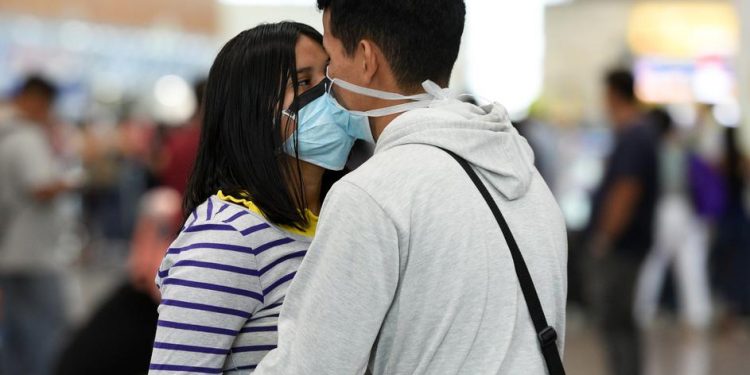Marshall Hubsher is a psychiatrist, providing his psychiatric services in Roslyn, NY. He has nearly four decades of experience in successfully diagnosing, treating and preventing mental conditions such as depression, anxiety, OCD, eating disorders, bipolar disorders, personality disorders, insomnia, ADD and other mental illnesses.
We are informed by experts that the elderly population is the most vulnerable group in the current global epidemic of Coronavirus disease (COVID-19), and in such severe situations of stress, it is especially important to preserve the mental health of the population. We talked with the acclaimed psychiatrist Dr Marshall Hubsher on this current topic, regarding how to live in times of restricted movement and isolation, how to deal with stressful situations caused by dramatic news, and how to preserve our peace of mind in times like this.

How can people cope with these situations, virus outbreaks, when they have to restrict their movement?
Dr Marshal Hubsher: Movement restriction is closely related to social isolation that is being talked about a lot these days. If I notice correctly, the term isolation in everyday vocabulary tends to take on a negative connotation. I think every adult should have the skill of getting in and out of a state of isolation, whether we are talking social or psychological. Self-isolation skills are especially useful in situations such as the current viral situation. In a state of psychological isolation, a person comes into contact with the intimate parts of their personality, and very often with repressed emotions. That contact with yourself is not necessarily pleasant. This is not an easy task, as evidenced by the various practices of self-isolation that aim to strengthen or empower the spirit, and which can be quite demanding. Meditation is a form of self-isolation, and it can serve as an exercise in strengthening the spirit. Self-isolation can be a great opportunity to come into contact with yourself, with your own thoughts and emotions, and is an opportunity for so-called strengthening your spirit.
Does this condition affect the younger or older population more psychologically?
Dr Marshal Hubsher: This condition affects everyone in their own way. Young people are deprived of what generally covers most of their free time, which is socializing, going out, making contacts, that is, they are deprived of social dynamics characteristic for their age. The older population is certainly at greater risk of health problems related to the covid-19 virus, which requires attention, and attention, as a cognitive activity, consumes energy. The older the person is, the greater the chance of experiencing psychological exhaustion, loss of will, and an overall state of hopelessness.
A few days ago, at a state official press conference, experts said that the more time spent under restrictive measures, the more impatience or nervousness in people could be expected. How should the competent authorities respond to this?
Dr Marshal Hubsher: We can certainly expect changes in the behavior of people and collectives. I have already talked before about the stages and the way we react and I truly believe that decision makers in their teams must consider these aspects as well as deeply respect the mental state of both the individual and the collective, and accordingly make modalities for managing the situation. Even more, we must be mentally capable people so when the crisis passes, we all return to our daily responsibilities in full capacity.
I think every adult should have the skills of getting in and out of a state of isolation, whether we are talking social or psychological. Self-isolation skills are especially useful in situations such as the current viral situation.
Can this unusual situation cause some positive effects, where people show solidarity, greater intimacy?
Dr Marshal Hubsher: Every crisis is a place for growth, both personal and collective. So far, this situation is a major challenge to our psychological and mental health, our mental discipline, our presence now and here, and our sobriety is the key to coping with the situation we are currently in. I believe that most people are facing existential problems, problems of separation, fear about the future, and that they do not think about universal values at the moment. But the situation is such that the power we possess as individuals, which we are often not even aware of, is that we have the key to our collective survival. On the other hand, the collective or the community is as strong as it cares for their weakest.

